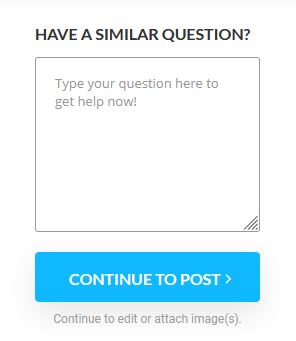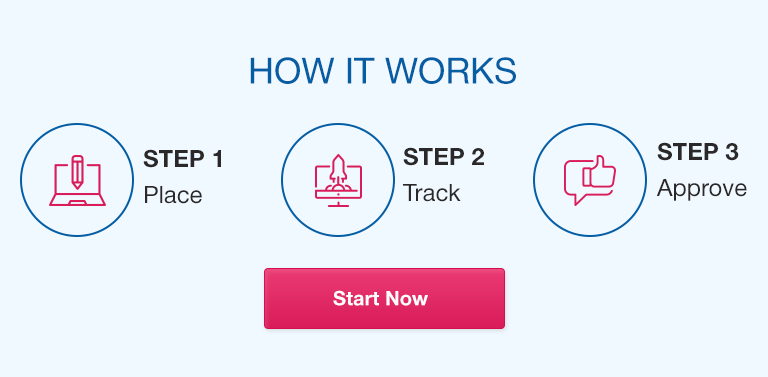An older client was recently discharged from the hospital for evaluation of seizure activity. His history reveals that he has late-stage Alzheimer’s disease, Parkinson’s disease, hypertension, and type II diabetes mellitus, which is controlled by diet. He lives at home, where his wife and daughter take care of him. His discharge medications include phenytoin (Dilantin), 100 mg BID; hydrochlorothiazide (HydroDIURIL), 50 mg QD; levodopa (Sinemet), 25/100 TID; and haloperidol (Haldol), 1 mg before bed. The client has been referred for home care nursing follow-up.
Questions: 2-3 pages APA Format include 2-3 references and intext citation
- On the initial home visit by the nurse, what assessments should be made?
- The wife and daughter need teaching about his antiepileptic medication. What teaching should be included?
- During the initial home visit, the client experiences a generalized seizure. What action should the nurse take?
Expert Solution Preview
Introduction:
As a medical professor, I understand the importance of providing comprehensive assignments and answers for medical college students. In this context, I will address the questions related to an older client who has been discharged from the hospital for evaluation of seizure activity. The client’s medical history includes late-stage Alzheimer’s disease, Parkinson’s disease, hypertension, and type II diabetes mellitus. The client lives at home, receiving care from his wife and daughter. The client’s discharge medications include phenytoin, hydrochlorothiazide, levodopa, and haloperidol. This assignment will focus on the initial home visit by the nurse, the teaching required for the client’s antiepileptic medication, and the nurse’s appropriate action during a generalized seizure experienced during the initial home visit.
Question 1: On the initial home visit by the nurse, what assessments should be made?
During the initial home visit, the nurse should conduct a thorough assessment to ensure the client’s safety and well-being. The assessments should include the following:
1. Comprehensive Medical History: Obtain a detailed medical history of the client, including any current and past medical conditions, previous surgeries, medication history, allergies, and family history of medical illnesses.
2. Vital Signs: Measure the client’s vital signs such as blood pressure, heart rate, respiratory rate, and temperature. These measurements provide baseline information about the client’s overall health and any possible complications.
3. Neurological Assessment: Evaluate the client’s neurological status to monitor for changes in cognitive function, motor skills, sensory perception, and reflexes. This assessment will help identify any seizures or other neurological abnormalities.
4. Medication Review: Review and verify the client’s current medications, including dosages, frequency, and adherence. Assess for any drug interactions or potential adverse effects that may put the client at risk.
5. Physical Examination: Perform a comprehensive physical examination, focusing on the client’s neurologic, cardiovascular, respiratory, and musculoskeletal systems. This examination will help identify any signs of deterioration or specific care needs.
6. Home Environment Assessment: Assess the client’s home environment for safety hazards or potential barriers that may affect his mobility, independence, or overall well-being. This assessment will help determine any modifications or interventions needed to ensure a safe living environment.
7. Support System Assessment: Evaluate the role of the client’s wife and daughter in providing care and support. Assess their understanding and ability to assist the client with activities of daily living, medication management, and seizure precautions.
By conducting these assessments, the nurse can gather essential information about the client’s health status, identify any potential risks, and develop an appropriate care plan to meet the client’s specific needs.
Question 2: The wife and daughter need teaching about his antiepileptic medication. What teaching should be included?
When teaching the wife and daughter about the client’s antiepileptic medication (phenytoin), the nurse should cover the following important points:
1. Medication Purpose and Action: Explain that phenytoin is an antiepileptic drug used to prevent or control seizures. Emphasize that it works by stabilizing electrical activity in the brain to decrease the risk of seizures.
2. Dosage and Administration: Provide specific instructions regarding the dosage, frequency, and timing of phenytoin administration. Emphasize the importance of adhering to the prescribed schedule and not skipping or altering doses without healthcare provider approval.
3. Potential Side Effects: Discuss common side effects such as dizziness, drowsiness, nausea, and changes in coordination. Inform the wife and daughter that these side effects are generally temporary and should be reported to the healthcare provider if severe or persistent.
4. Drug Interactions and Precautions: Explain the importance of avoiding certain medications or substances that may interact with phenytoin, such as alcohol and certain antibiotics. Discuss the potential consequences of drug interactions and the need to consult with the healthcare provider before starting any new medications.
5. Importance of Regular Monitoring: Emphasize the significance of regular laboratory monitoring, including monitoring of phenytoin levels. Explain that maintaining therapeutic drug levels is crucial for effective seizure control and to minimize the risk of adverse effects.
6. Seizure Precautions: Educate the wife and daughter about the importance of maintaining a safe environment for the client to prevent falls or injuries during seizures. Teach them how to recognize and respond appropriately to a seizure, including positioning the client on his side to prevent aspiration and removing any objects that may cause harm.
7. Compliance and Follow-up: Stress the importance of medication adherence and the need for regular follow-up appointments with the healthcare provider. Encourage the wife and daughter to ask questions and seek clarification whenever needed.
By providing this comprehensive teaching, the wife and daughter will have a better understanding of the client’s antiepileptic medication and will be better equipped to ensure his safety and well-being.
Question 3: During the initial home visit, the client experiences a generalized seizure. What action should the nurse take?
When encountering a client experiencing a generalized seizure during the initial home visit, the nurse should take the following immediate actions:
1. Ensure Safety: First and foremost, ensure the safety of the client and those present in the vicinity. Move any objects or furniture that may cause injury during the seizure.
2. Protect the Airway: Gently turn the client onto his side to prevent aspiration of saliva or any vomitus. This position helps maintain a clear airway and reduces the risk of aspiration pneumonia.
3. Time the Seizure: Observe and time the seizure, noting its duration and any specific characteristics or changes. This information will be crucial for the client’s ongoing management and potential revision of the care plan.
4. Document the Event: Document the details of the seizure, including its onset, progression, and any observed symptoms or behaviors. This record will aid in the client’s medical evaluation and treatment planning.
5. Ensure Comfort: After the seizure ends, maintain a calm environment and reassure the client and his family members. Allow the client to rest and recover, providing any necessary emotional support.
6. Assess for Injuries: Conduct a thorough assessment to identify any injuries resulting from the seizure, such as bruises, fractures, or lacerations. Administer first aid as necessary and determine if immediate medical attention is required.
7. Inform the Healthcare Provider: Contact the client’s healthcare provider or the designated emergency medical services if necessary, providing a detailed report of the seizure event. Seek specific guidance regarding any necessary actions or medication adjustments.
8. Review and Revise Care Plan: Reassess the client’s care plan in light of the seizure occurrence. Collaborate with the healthcare provider, the client, and the family to determine if any modifications are necessary to optimize seizure management and overall care.
By promptly taking these actions, the nurse can ensure the safety and well-being of the client, facilitate appropriate medical intervention if needed, and contribute to ongoing seizure management plans.
References:
(Include 2-3 references here, according to APA format)
Note: The above content provides an example answer for the given questions. It is recommended to conduct thorough research and consult relevant resources to provide accurate and up-to-date information for the assignment.


